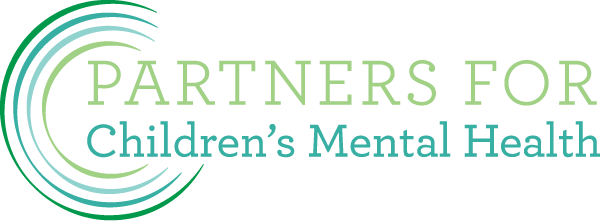In the United States and in Colorado, centuries of systemic racism and inequitable social structures continue to systematically oppress people of color. Because of historical and ongoing discrimination, people of color experience health inequities when compared to white people.
The purpose of this data brief examining results from the 2019 and 2020 Healthy Kids Colorado Survey (HKCS) is to highlight the health inequities that Black young people in Colorado face due to systemic racism and discrimination, as well as to provide some guidance for individual and collective action to dismantle inequities. While this brief highlights the experiences and health disparities of Black youth in Colorado, we recognize that racism and discrimination negatively impact the health of all communities of color. The epidemiology of risk behavior surveillance and reporting on public health disparity tends to focus on negative findings, potentially contributing to implicit bias by presenting an incomplete picture focused on risk and deficit without also presenting data on protection and assets, especially when describing historically oppressed groups. Public health has an opportunity to move towards equity by asking questions about cultural protections and strengths as well, in order to create a more complete data-based description of all communities. By applying concepts of social epidemiology, we can redirect the focus to upstream determinants of health to improve culturally-relevant prevention activities and make an impact on equity.

